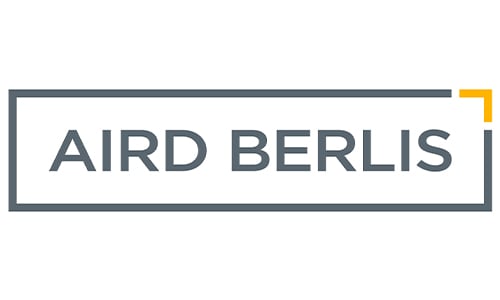Problems related to athletes’ safety and well-being are not new to Dasha Peregoudova, an associate at Aird & Berlis LLP and a member of the firm’s litigation and dispute resolution, workplace law, and sports, media and entertainment groups. As a former member of Canada’s national taekwondo team, Peregoudova is fully aware of the challenges sport professionals face. That’s why after retiring from a competitive career with national and international accolades, she went to law school, then started her law practice and is now advocating for the protection of athletes.
Describing herself as a conduit between the national sport organization’s administrative staff, its board of directors, and athletes, Peregoudova recalled how she “started to learn about governance and how boards of directors [and] national sport organizations work.” Part of her knowledge in this area comes from being an ex-president of AthletesCAN, the association of Canadian national team athletes, which inspired her to get involved in multi-sport advocacy.
Of her transition from sport to law, she said, “I decided that law school would be a good basis to solidify the skills of advocacy that I was building through [previous] experiences, and eventually it led to — as many people do in sport — a wearing of many, many other hats [such as] quasilegal and legal governance [work in] the PanAm Sports Legal Commission.”
Her current duties at Abuse-Free Sport include acting as an integrity commissioner who investigates issues and recommends solutions to a municipal council. The directorship highlights that health, safety and maltreatment of sport practitioners are pressing issues today, she said. Peregoudova emphasized the need for “a positive, safe, meaningful experience where [athletes] can really excel and do their best, and that has to come with an environment in which they feel cared for, safe, and that creates excellence, not just at a performance level but for them as individuals.”
Other concerns in sport are revenue sharing, addressing the power imbalance in the system to level the playing field, and ensuring sustainability in how sport and athletes can benefit society in general, Peregoudova said.
For her, the Abuse-Free Sport role reflects the “intersection of law, prosecution, mediation and settlement governance and truly the athlete’s experience” because it requires an awareness of experiencing trauma as a sport professional. This role ties in with her daily work in labour and employment law, considering that the culture of sport is not much different from the culture of any workplace and labour law principles are also applicable to athletes.
“Sometimes we lose sight of the fact that [sport] is a workplace in a way and an environment in a culture where athletes as individuals, as human beings, go and participate ... It impacts their lives and that’s very consistent with employment types of environments,” she said.





